“Paks shows the friendly face of nuclear energy,” states Die Welt, one of Germany’s most influential newspapers, in its article on Europe’s perception of nuclear energy. The tone and content of the article align perfectly with the expanding body of analysis indicating that although German politics is still only at the cautious probing phase, a growing segment of public opinion in Germany is once again starting to view this technology—used and previously highly valued in the country for decades—in a positive light.
One of the most obvious reasons for this shift is that reality eventually confronts everyone, in this case, most notably in the form of monthly electricity bills. Whether it is an average German household or a factory, the high price of electricity repeatedly makes Germans question whether it was a good idea to shut down their nuclear power plants, which were fit to operate for decades more.
They Lied to Themselves and Harassed Us
In its European country-by-country analysis, Die Welt devotes heightened attention to Hungary. The article highlights a well-known fact in Hungary: the Paks nuclear power plant’s units supply nearly half of the electricity generated in Hungary, and nuclear energy is a key component of the region’s economy. It adds that the Paks II project, which will have two new nuclear power units, is already under construction, and notes that globally, nuclear energy is experiencing a renaissance, particularly visible in Europe.
According to experts, Europe has realized it lied to itself regarding the energy transition; moreover, investing in the nuclear sector increases governments’ room to maneuver, thereby strengthening energy sovereignty.
Looking back from a ten-years-on perspective, it is interesting to recall when the German press was harshly critical of Hungary's Paks II project. In 2015, international public hearings on the project were underway. Media reports on the two-day forum in Munich at the time unleashed every angle of attack against the investment, even demanding calculations on the potential effects of an Airbus A380 crashing into the plant. Of course, their main concern was that the cheaply produced electricity from Paks II could create a competitive disadvantage for the renewable energy Germany intended to sell, including to Hungary.
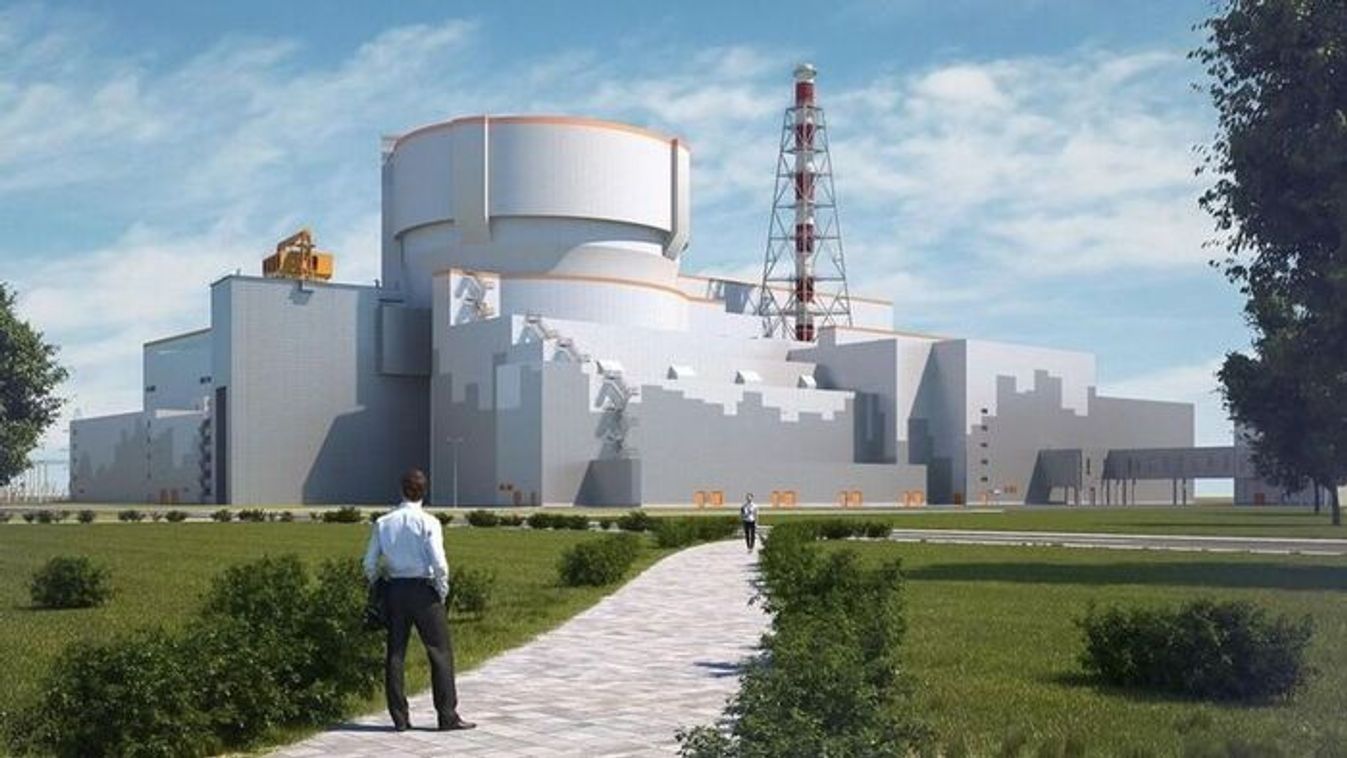
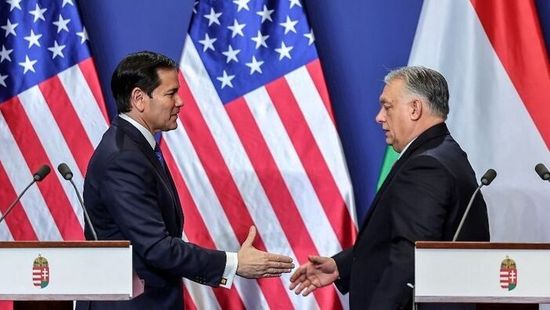
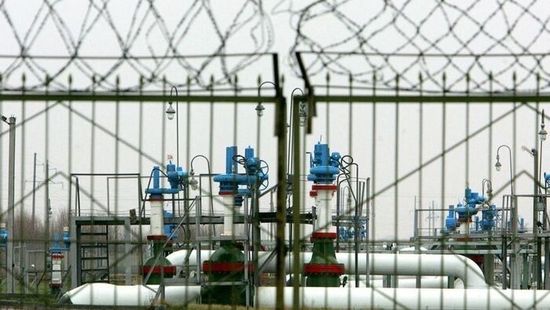
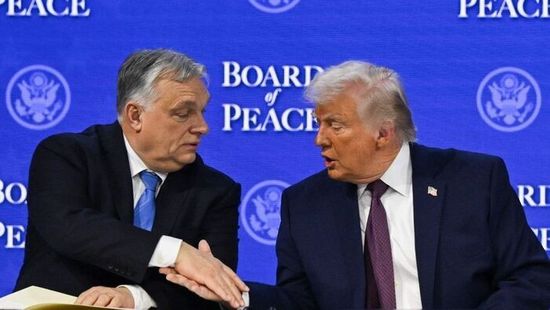


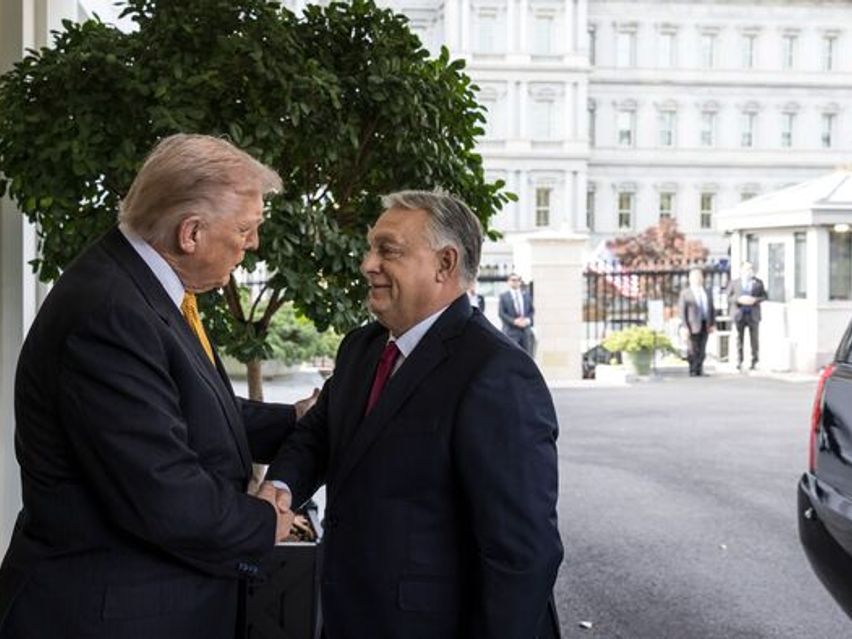

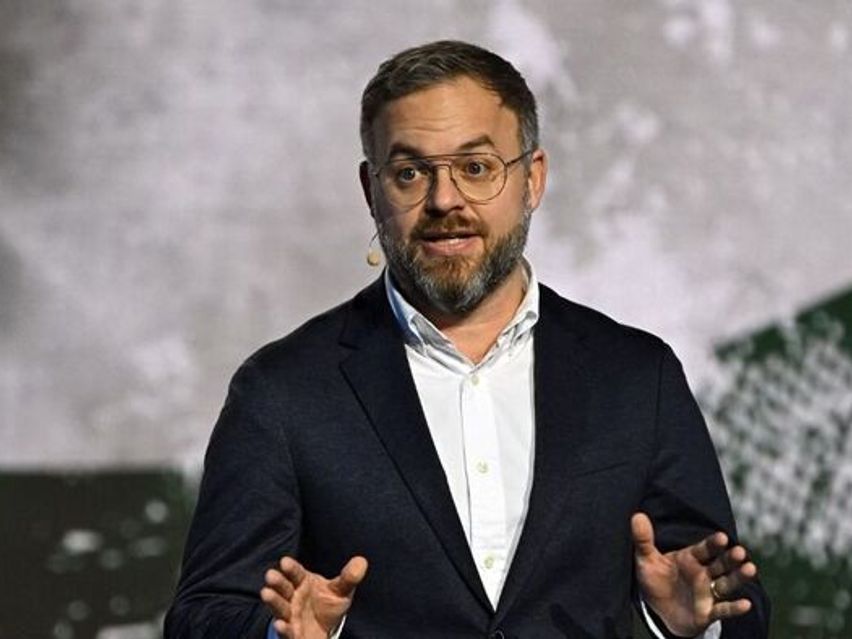



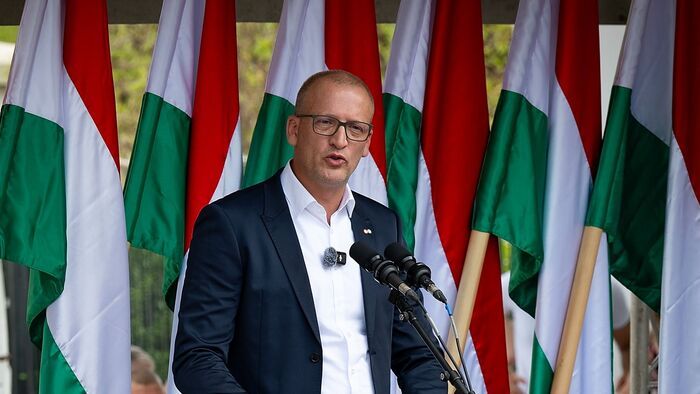
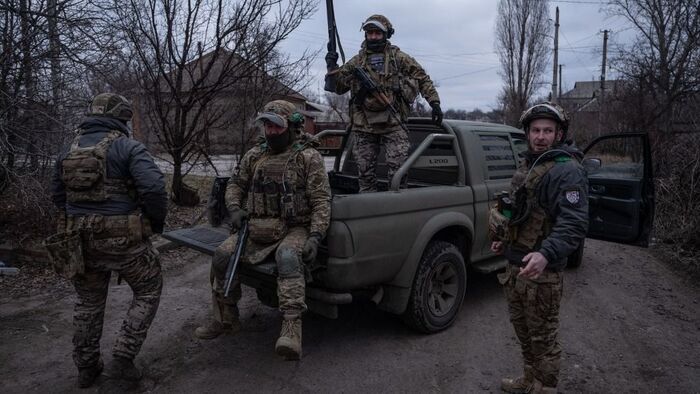
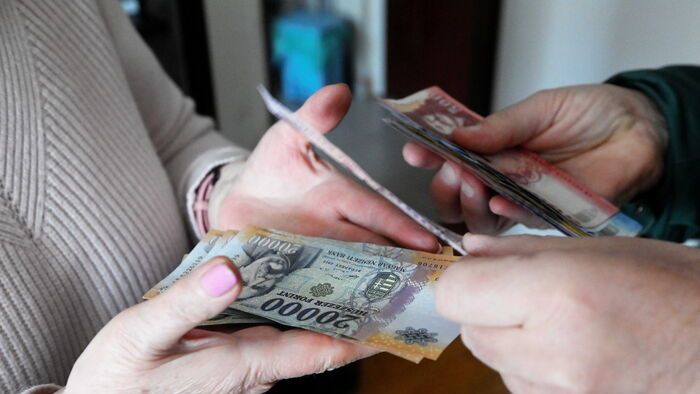
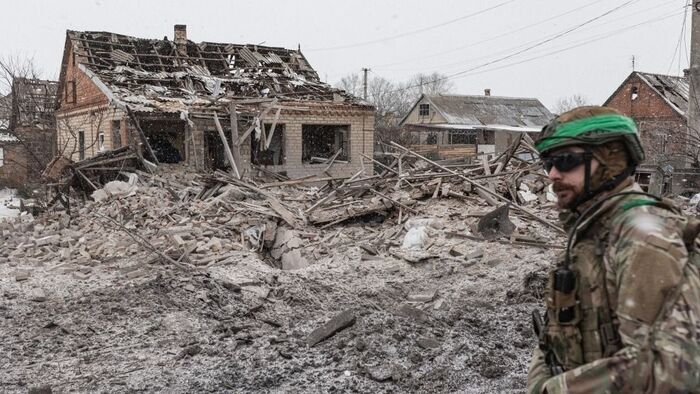
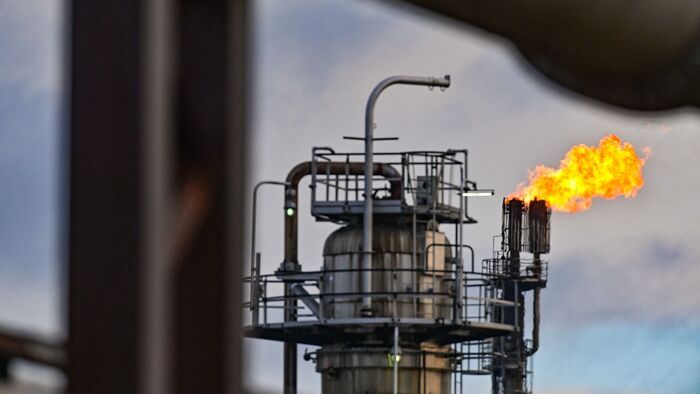






Szóljon hozzá!
Jelenleg csak a hozzászólások egy kis részét látja. Hozzászóláshoz és a további kommentek megtekintéséhez lépjen be, vagy regisztráljon!